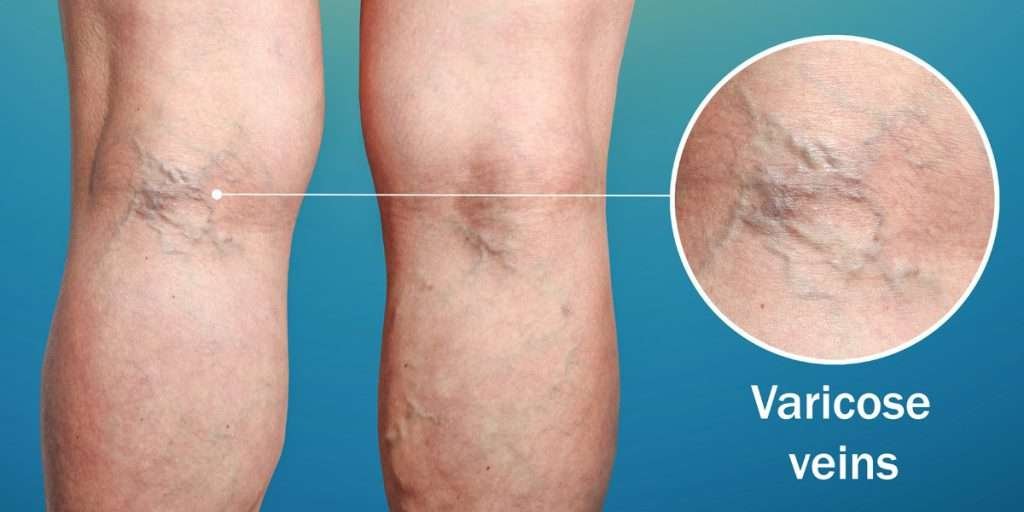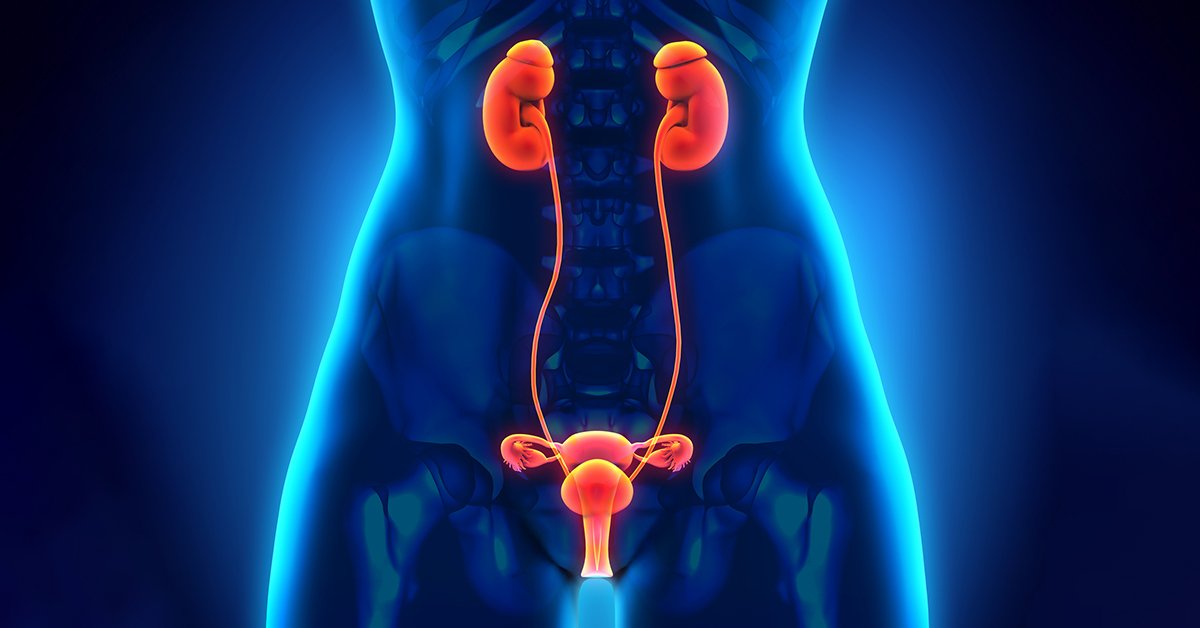Hormones play a crucial role in a woman’s overall mental and emotional well-being. From puberty to menopause, fluctuations in hormone levels can influence mood, energy, and even cognitive function. Understanding these hormonal effects can help women manage stress, improve emotional balance, and maintain mental health throughout different stages of life.
🔑 Key Hormones That Affect Mental Health
1. Estrogen
-
Regulates serotonin, the “feel-good” neurotransmitter.
-
Low levels may cause irritability, mood swings, and depression.
-
Fluctuations before menstruation and during menopause can trigger anxiety or sadness.
2. Progesterone
-
Known as the “calming hormone.”
-
Helps with sleep and relaxation.
-
Low levels may contribute to anxiety, irritability, and insomnia.
3. Cortisol (Stress Hormone)
-
Essential in small amounts, but chronic stress elevates cortisol, leading to:
-
Anxiety and panic attacks
-
Memory problems
-
Sleep disturbances
-
4. Thyroid Hormones
-
Regulate energy and metabolism.
-
Imbalance (hypothyroidism or hyperthyroidism) can cause:
-
Fatigue
-
Depression
-
Mood instability
-
🧬 Life Stages & Mental Health Impact
Puberty & Adolescence
-
Hormonal surges → mood swings, anxiety, and self-esteem issues.
Menstrual Cycle (PMS/PMDD)
-
Estrogen and progesterone fluctuations → irritability, sadness, fatigue.
-
Some women experience premenstrual dysphoric disorder (PMDD), a severe mood condition.
Pregnancy & Postpartum
-
Hormonal shifts → mood changes, risk of postpartum depression.
Perimenopause & Menopause
-
Declining estrogen → hot flashes, mood swings, and higher risk of anxiety/depression.
🌿 Tips to Balance Hormones & Improve Mental Health
✅ Eat a balanced diet → Include omega-3 fatty acids, whole grains, and leafy greens.
✅ Exercise regularly → Boosts endorphins and balances cortisol.
✅ Prioritize sleep → 7–8 hours to regulate stress hormones.
✅ Stress management → Meditation, yoga, and deep breathing.
✅ Limit stimulants → Reduce caffeine, alcohol, and processed foods.
✅ Seek medical help → If mood changes are severe, consult a doctor or endocrinologist.
📌 Conclusion
Hormones influence nearly every aspect of a woman’s mental health and mood. By understanding these changes and adopting a healthy lifestyle, women can better manage stress, improve emotional balance, and protect their long-term mental well-being.













